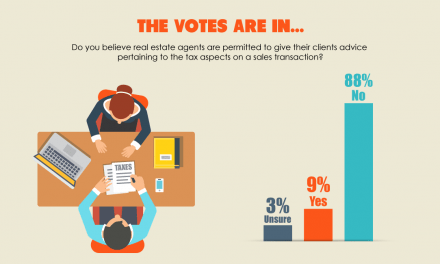Today, following the asset price balloon of 2002 to 2005, a new era of frugality has settled over the country, and especially California. Nationally, the amount of consumer loans (such as home equity loans) taken out by borrowers has decreased for six consecutive months, the longest continuous drop since 1991. In conjunction with the decrease in the issuance of consumer loans, the national savings rate has increased to 5% — a 15-year high. Increased savings is a positive economic development from conditions in 2005 when the average savings rate was negative. In this cash-conscious environment, potential homebuyers (but not speculators and investors) are refraining from purchasing a home, and existing homeowners are less inclined to borrow to remodel or improve their residence.
If this savings trend continues, is it possible future Californians will be more inclined to purchase smaller, more modest homes? Will they have a greater interest in energy-efficient and low-energy rated homes which save money? Will they want to purchase a home closer to where they work?
first tuesday take: Has the era of the behemoth McMansion and compulsively upgraded property really come to an end, or are today’s frugal ways but a fleeting fear-response to these lean times for California’s highly mobile and youthful population?
This save-think-small phenomenon is a temporary fluke. As the economy begins to function more efficiently and government response to the crisis is better understood, consumer confidence returns. With confidence in place, the sale of homes to homeowners picks up and soon prices begin their inevitable ascent. The same animal instincts which drove buyers, both homeowners and speculators, during the recent housing boom will overtake us yet again, probably around 2015. People will again buy the most house they can possibly afford, take too great of risk with a smaller down payment and highly leveraged financing, and again lose their homes in great numbers.
The real question is whether California homebuyers suffer from sporadically recurring amnesia. They are possibly wearing blinders to purposefully block the inconvenient truth from sight – that same wonderful “willful suspension of disbelief” we adorn whenever we go to the theater.
Additionally, the drop in consumer loans does not necessarily mean that borrowers’ recent frugality is philosophically mandated. Instead, as home values drop across the state, many borrowers are unable to take out or even retain their home equity lines of credit not out of choice, but because they have zero (or even negative) equity in their property. Thus, California borrowers are miserly not because they want to be, but because they’re forced to be.
Though Icarus drowned when he attempted to fly too high, Californians, with the encouragement of their agents, will stretch to reach towards the absolute maximum yet again — and many will get burned in the process. Lenders will feed these animal instincts and incite homebuyers to more savagery, and all the while real estate agents will be the happy beneficiaries of all this financial carnage. Next time, agents need to stay out of the market as speculators grabbing short-term profits at the expense of the homebuyers they represent. Their absence will cut down on some of the burn.
Re: “Recession may forge a housing shift in California,” from the Los Angeles Times.


















